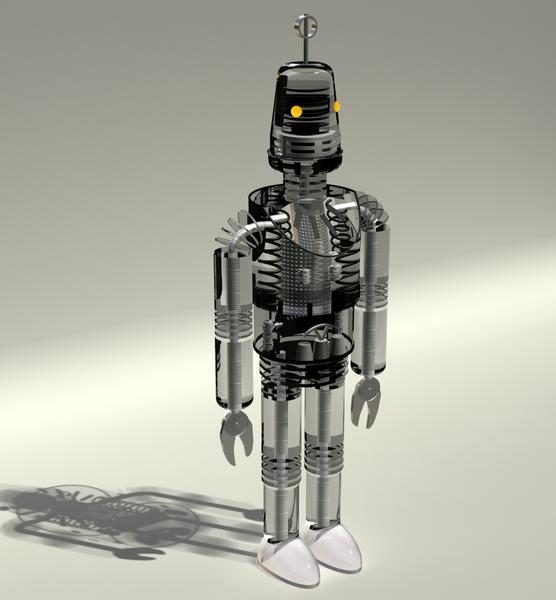
Those who know me are aware that I’m sceptical of government announcements. Some months ago I made the startling discovery that the regular spokesman for the Department for Education is in fact a robot. I haven’t been able to gain official acknowledgement of the fact, mainly because the spokesman (or spokes-robot) is clearly programmed to resist any such inquisition.
I was left to reach my conclusion by sheer deduction.
The evidence is there. In response to any criticism of government policy, the departmental robot issues a bland, tedious restatement of government policy containing only minimal relevance to the matter raised.
Thus when, a few months ago, fears were raised (again) that our kids are tumbling down the global league tables for maths attainment, a DfE spokeswoman (the robot is gender-neutral, a bit like your car’s SatNav) responded: “The quality of maths teaching is improving dramatically in this country because we have reformed the curriculum, bringing maths teaching into line with international standards, ensuring young people can compete with the best in the world regardless of their background”.
When parents led a boycott of those controversial SATS exams for 11 year-olds, a survey suggested that 89% of teachers also abhor them (the tests, not parents). The robot was unbending: “We value teachers’ feedback on tests and work with them in the development process, through expert review and trialing of potential questions.”
My childhood television-watching in grainy black and white, was dominated by one of those early puppet-centred science fiction shows. I’m not talking about Thunderbirds, but an earlier example of Gerry Anderson’s hugely successful Supermarionation techniques, Fireball XL5. I loved Robert the Robot, a semi-translucent android apparently constructed from lampshades, making him (it?) resemble a futuristic Flowerpot Man. He talked in a measured, faintly distorted monotone, exactly as a robot should.
People occasionally wonder what happened to the props from old shows. Sometimes they appear in a museum: others are auctioned off. I suppose many end their days in a skip.
Now I know where Robert the Robot went, and there’s no longer one of him: he’s been replicated, Terminator-like. I thought only the DfE had achieved mastery of this technology, but today’s Times furnished an example of a still more effective meaningless-response-creating machine.
Unsurprisingly, it’s located within another area of notable public concern, not education but health. This challenging story describes a woman who had significant pain in her stomach and encountered enormous difficulty in persuading a GP, first, to look at her, and, second, to arrange a proper investigation. In the end, she went private in her desperation to obtain a scan.
Just as well: the problem proved to be an advanced cancerous growth. The victim, Val Hemmings, is full of praise for the way the NHS treated her – once it was clear that she was seriously ill. I reckon most of us feel that, when there’s something seriously wrong, our National Health Service is unbeatable. But at that first contact, generally with a GP, there seems to be too much fobbing off and not enough of taking patients’ concerns seriously.
But don’t worry! The Department of Health spokes-robot was reported in the paper saying: “Our plans will mean that more people get access to GPs. We are investing £2.4 billion to recruit thousands more GPs, free up more appointments for patients, and develop innovative ways of providing GP advice, such as online services and appointments.”
Thank you for that reassurance, Robert. Trouble is, it’s generic and has little to do with Ms Hemmings’s case. That’s still the problem with government robots: they’re not very adaptable.
Or they weren’t. But it transpires they’ve now been seen inside the machinery of political parties. One has certainly been heard within Labour headquarters: as the party continues to wallow in in-fighting and bullies hold sway, a monotonous deadpan voice has been reiterating, “Jeremy has consistently condemned all abuse and called repeatedly for a kinder, gentler politics.”

The recent pace of change within the ruling party has proved too much, alas, for the Tory spokes-robot. Last seen, it was all but burnt out, emitting sparks, twitching feebly and repeating, over and over again in a Thatcher-like voice, “Remind you of anybody?”



Point well made. Although XL5 and Gerry Anderson were revolutionary, the government should consider scrapping the robot and using the Flowerpot Men instead.